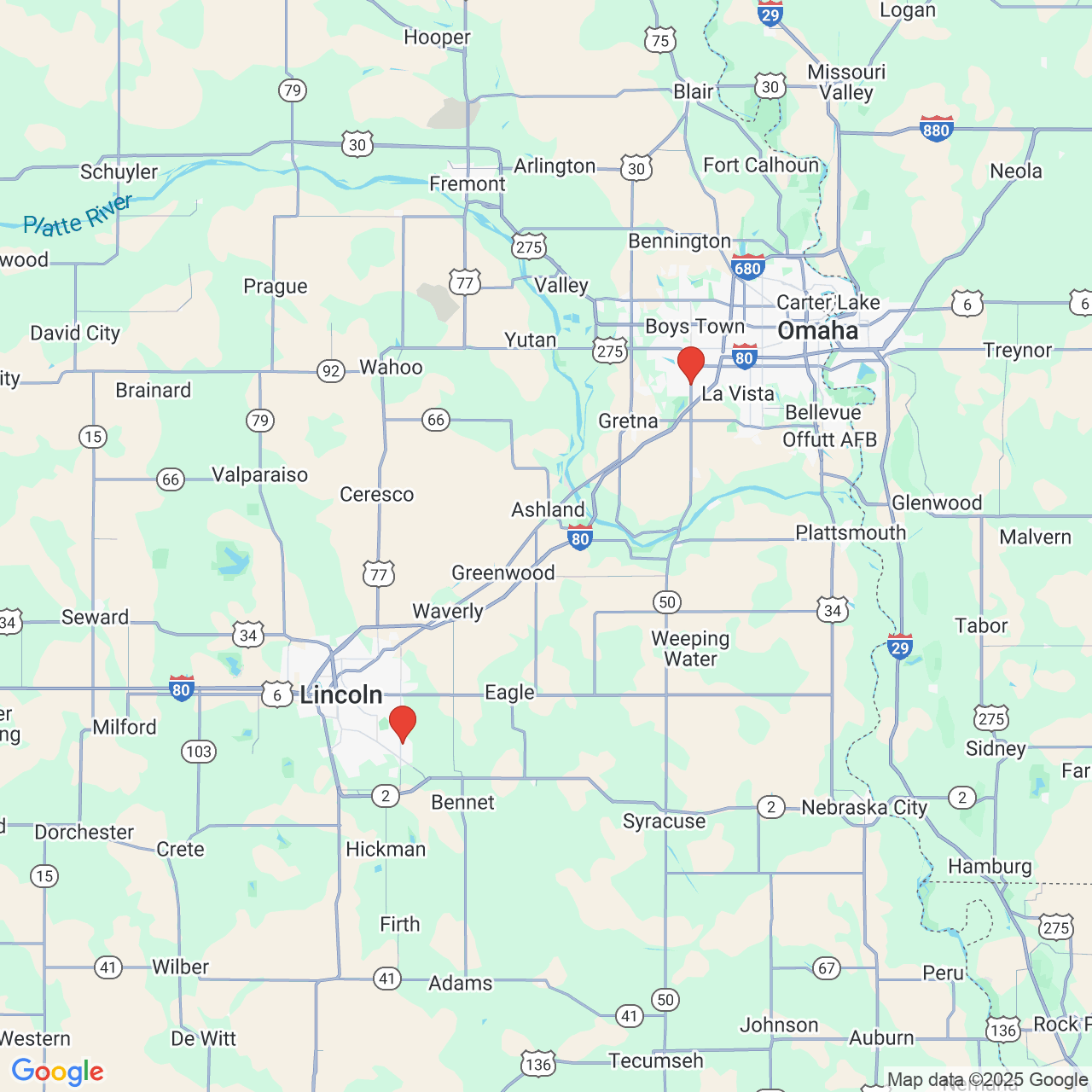How Does Magnesium Affect Female Fertility?
 The team at Heartland Center for Reproductive Medicine knows that there is more to fertility treatment that what we do at our practice. While patients who come to our Omaha fertility center can undergo in vitro fertilization (IVF) to become pregnant and start a family, there is plenty that they can do at home to enhance the results of professional treatment.
The team at Heartland Center for Reproductive Medicine knows that there is more to fertility treatment that what we do at our practice. While patients who come to our Omaha fertility center can undergo in vitro fertilization (IVF) to become pregnant and start a family, there is plenty that they can do at home to enhance the results of professional treatment.
An important factor in treatment success and general fertility is diet and nutrition. We want to use this blog post to look at one important mineral that can help patients have a successful pregnancy and a healthy child: magnesium.
About Magnesium
Magnesium is a crucial element found in the human body. In fact, it is the fourth-most abundant element in the human body; there are between 4 to 6 teaspoons of magnesium present in you right now.
In terms of what magnesium does for people, it is crucial for basic function of the body and various organs. Magnesium assists in maintaining healthy blood pressure, balancing out your blood sugar, keeping your heart rate steady, and relaxing your muscles.
Why Magnesium Is Important for Becoming Pregnant
Magnesium has sometimes been called “the hormone of pregnancy.” This element helps with ensuring the right amount of blood flow to the uterus. It is also crucial for the production of progesterone, which is important for a healthy menstrual cycle.
Magnesium Can Also Prevent SIDS and Birth Defects
In addition to improving basic body functions, it's been suggested that proper magnesium intake can prevent premature birth, help prevent certain birth defects, and reduce the chances of sudden infant death syndrome (SIDS).
So not only is magnesium important for increasing your chances of a successful pregnancy, it can also improve the health of your baby.
How much magnesium should I get if I'm trying to become pregnant?
For regular daily intake, the ideal amount of magnesium is roughly 320mg. Having a little more magnesium while trying to get pregnant is a good idea to consider, though it's best for women not to overdo it. In these cases, roughly 350mg to 360mg is most ideal.
Many people do not get the recommended daily amount of magnesium they should have from their normal diet, which is why dietary supplements may be helpful. Since all patients have different needs, it's important that you discuss your nutrition with us as well as your general practitioner before taking any kinds of vitamins or supplements.
Foods Rich In Magnesium
Even though there are pills that can help you get the magnesium you may be missing, there are plenty of foods that are rich in magnesium that you should incorporate into your diet since they are good for you. These include:
- Leafy greens
- Whole grains
- Dark chocolate
- Sunflower seeds
- Pumpkin seeds
- Almonds
- Cashews
Magnesium Alone Is Not Enough
Magnesium is essential, but at the same time, it's not the only element that you need to maintain great health and improve the chances of becoming pregnant. During your consultation here at Heartland Center for Reproductive Medicine, we can go over various things that you can do to boost fertility and enhance the results of a professional fertility treatment.
Learn How You Can Boost Your Fertility
For more information about having a healthy baby and a successful pregnancy, it's important that you contact our fertility specialists today. During your consultation, we will be sure to answer all of your questions and address all of your concerns about your options for treatment.






